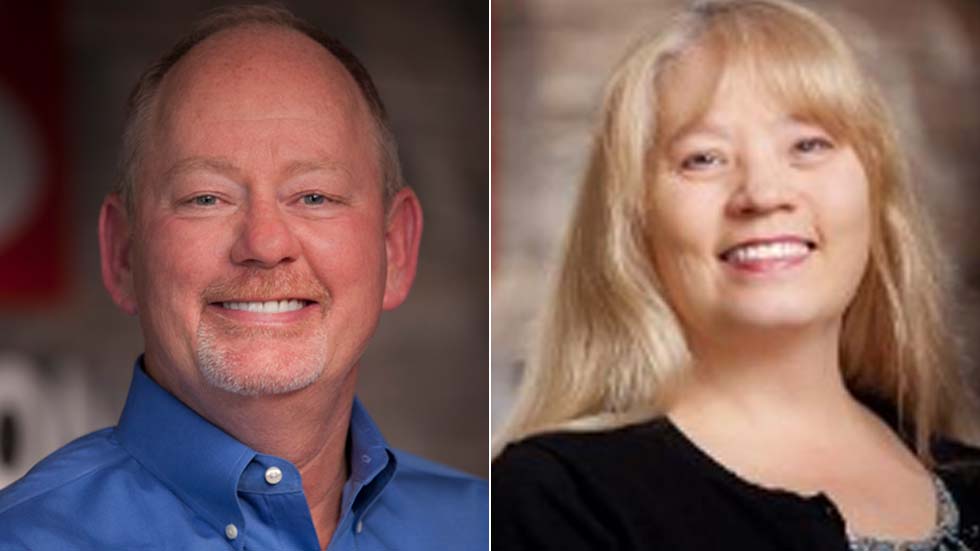Copps tells Senate Commerce Committee loosened ownership rules require re-invigorated public interest requirement for broadcasters
Testifying before the Senate Commerce, Science and Transportation Committee last week, FCC Commissioner Michael Copps criticized the commission’s recent media ownership rule change as promoting “monopoly and oligopoly, not competition” and proposed a series of steps he will ask the commission to take to “put some vitality back into the public interest” obligation of broadcasters.
Because the commission is taking “down the structural bars to media consolidation, then we’d better try to put some vitality back into the public interest,” Copps said. The commissioner said he would propose the commission take a series of steps to guard the public interest, including:
- Effective license renewal. Copps called for “a real, honest-to-goodness and properly-designed license renewal process, predicated on advancing the public interest.” He added that he plans to hold public renewal hearings in the communities where radio licenses come up for renewal in the fall and TV licenses are to be renewed next year.
- Requiring owners of media conglomerates to get “out among the people in the communities where they own stations” to “visit with their listeners and viewers to learn about the problems, needs, and issues facing the local community, and understand what the people there really want to see and hear.”
- Eliminating indecency on the airwaves. Copps proposed a proceeding to consider the link between greater consolidation and increased indecency, improving the commission’s enforcement of existing laws against indecency on the airwaves and calling for broadcasters to voluntarily police themselves.
- Undertaking a proceeding to “to increase opportunities for minorities and women.”
- Updating rules “for those who are given the right to use spectrum for digital television.” The commission must finish DTV proceedings so “the American people will know how digital TV will serve their interests” and “broadcasters will know and understand the rules of the road.”
- Examining the need for independent programming. Because the commission has loosened restrictions on the concentration of media ownership “we should address whether there is a need for independent programming requirements to ensure that we do not end up with national vertically integrated conglomerates that control the distribution channels and all the content we see and hear.”
For more information visit www.fcc.gov.
The professional video industry's #1 source for news, trends and product and tech information. Sign up below.
